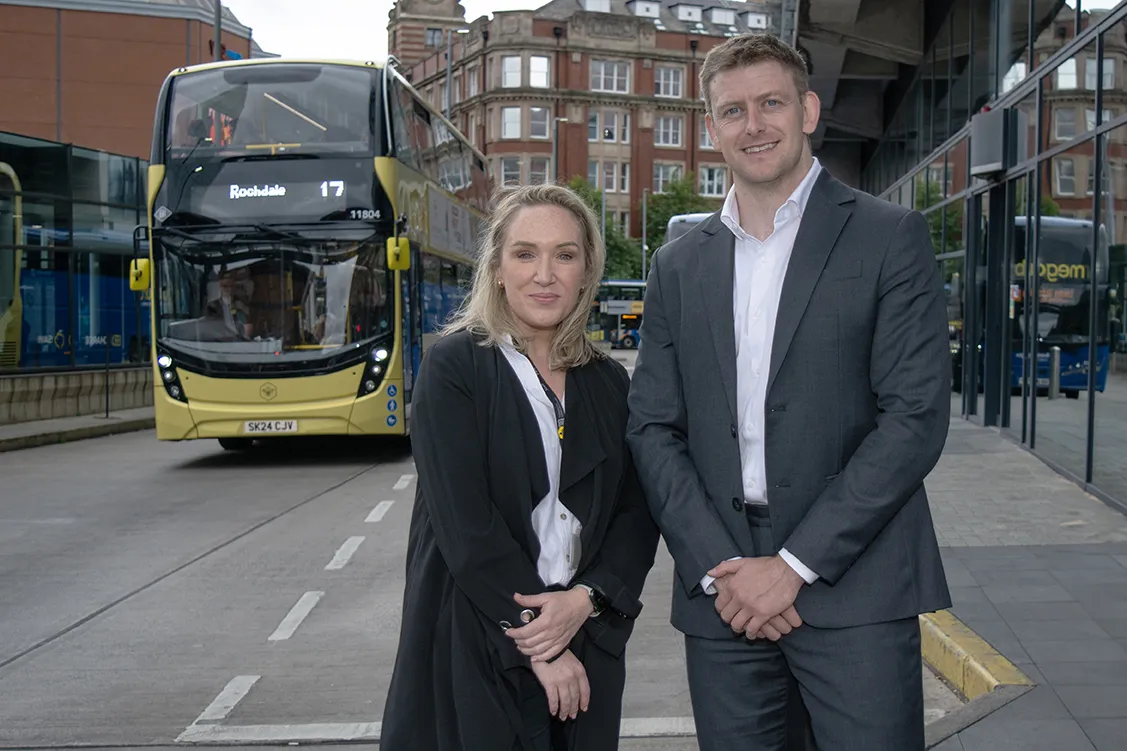The Chartered Institution of Highways & Transportation (CIHT) has launched its manifesto outlining the Institution’s proposals and views on key issues affecting the industry.
Making the Journey - A Manifesto for Transport highlights the benefits of this sector to the UK’s economy and society and calls for a national transport strategy to provide clear direction and certainty for UK transport policy. It also points out the need for a longer-term view and commitment to future funding for the UK’s transpo
September 26, 2014
Read time: 2 mins
The Chartered Institution of Highways & Transportation (CIHT) has launched its manifesto outlining the Institution’s proposals and views on key issues affecting the industry.
Making the Journey - A Manifesto for Transport highlights the benefits of this sector to the UK’s economy and society and calls for a national transport strategy to provide clear direction and certainty for UK transport policy. It also points out the need for a longer-term view and commitment to future funding for the UK’s transport infrastructure, with adequate funding of transport networks. In addition it says that an improved planning system must include transport networks and acknowledge the important role they play in economic and social development, while the recruitment, careful development and retention of the next generation is central to a vibrant, internationally competitive, diverse and inclusive industry.
Sue Percy, CIHT chief executive said: “The UK relies on an effective integrated transport network to support economic growth and social development. The performance of this network, including its reliability and resilience, is fundamental to the economic, social and environmental wellbeing of the UK.”
“Our manifesto calls for a National Transport Strategy to provide clear direction and certainty for UK transport policy. This manifesto focuses on the action needed to ensure that the UK is able to compete globally and support social inclusion and reduce the UK’s carbon emissions now and in the future.”
Making the Journey - A Manifesto for Transport highlights the benefits of this sector to the UK’s economy and society and calls for a national transport strategy to provide clear direction and certainty for UK transport policy. It also points out the need for a longer-term view and commitment to future funding for the UK’s transport infrastructure, with adequate funding of transport networks. In addition it says that an improved planning system must include transport networks and acknowledge the important role they play in economic and social development, while the recruitment, careful development and retention of the next generation is central to a vibrant, internationally competitive, diverse and inclusive industry.
Sue Percy, CIHT chief executive said: “The UK relies on an effective integrated transport network to support economic growth and social development. The performance of this network, including its reliability and resilience, is fundamental to the economic, social and environmental wellbeing of the UK.”
“Our manifesto calls for a National Transport Strategy to provide clear direction and certainty for UK transport policy. This manifesto focuses on the action needed to ensure that the UK is able to compete globally and support social inclusion and reduce the UK’s carbon emissions now and in the future.”









